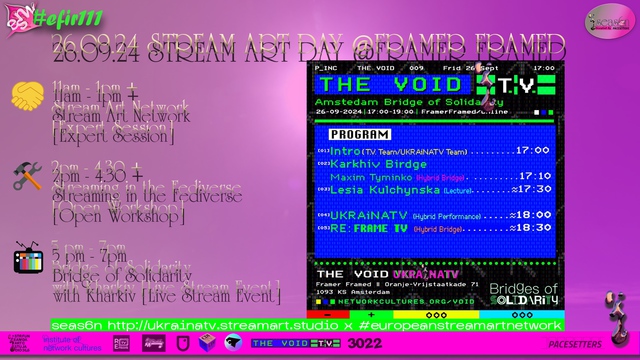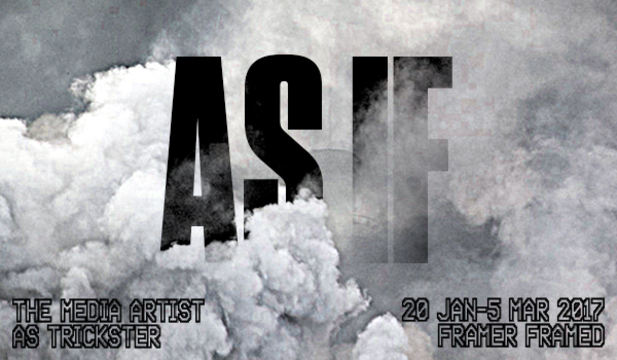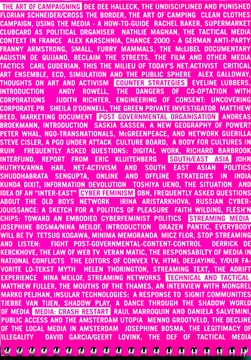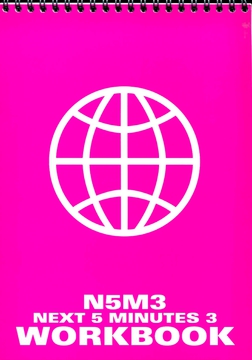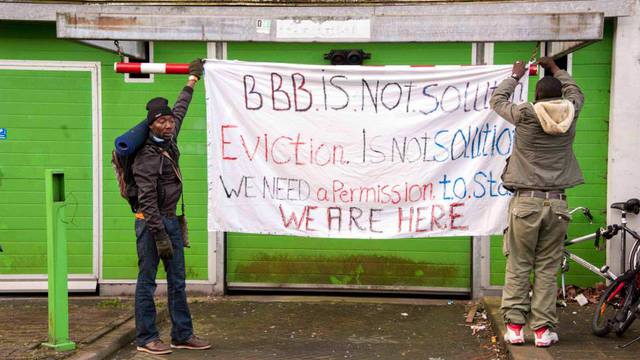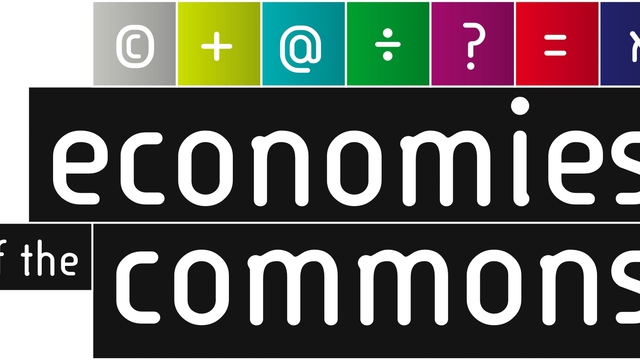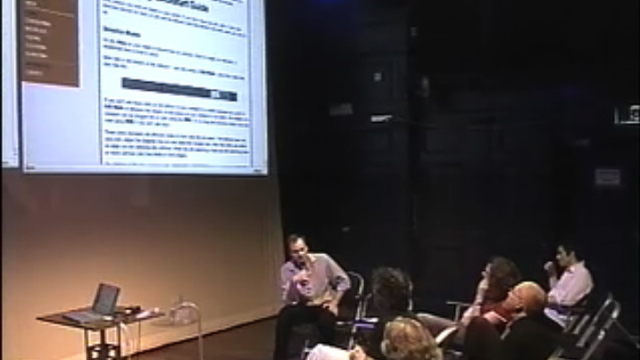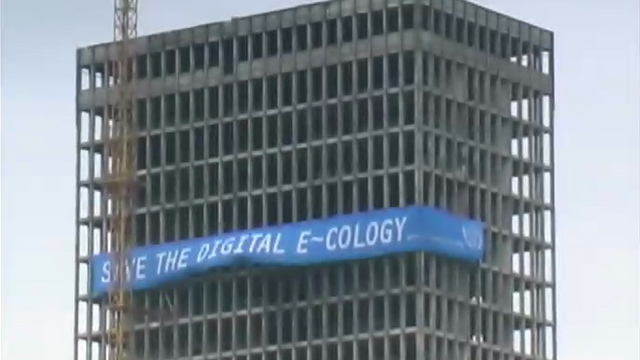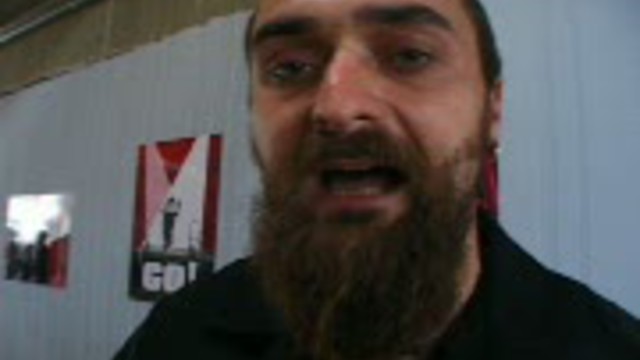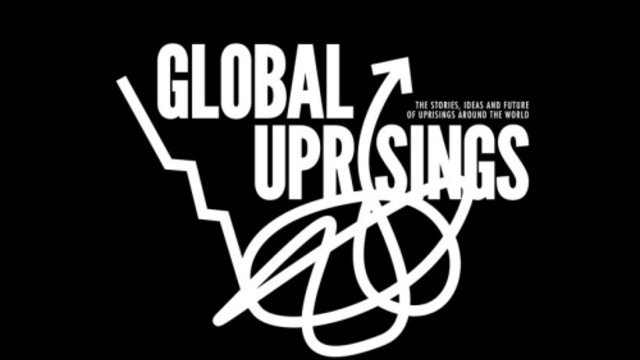person
Inke Arns, curator and artistic director of Hartware MedienKunstVerein
(www.hmkv.de) in Dortmund, Germany, since 2005. She has worked
internationally as an independent curator, writer and theorist
specializing in media art, net cultures, and Eastern Europe since 1993.
She lived in Paris (1982-86), finished school in West-Berlin in 1988,
studied Russian literature, Eastern European studies, political science,
and art history in Berlin and Amsterdam (1988-96) and in 2004 obtained
her PhD from the Humboldt University in Berlin, with a thesis focusing
on a paradigmatic shift in the way artists reflected the historical
avant-garde and the notion of utopia in visual and media art projects of
the 1980s and 1990s in (ex-)Yugoslavia and Russia.
Read
